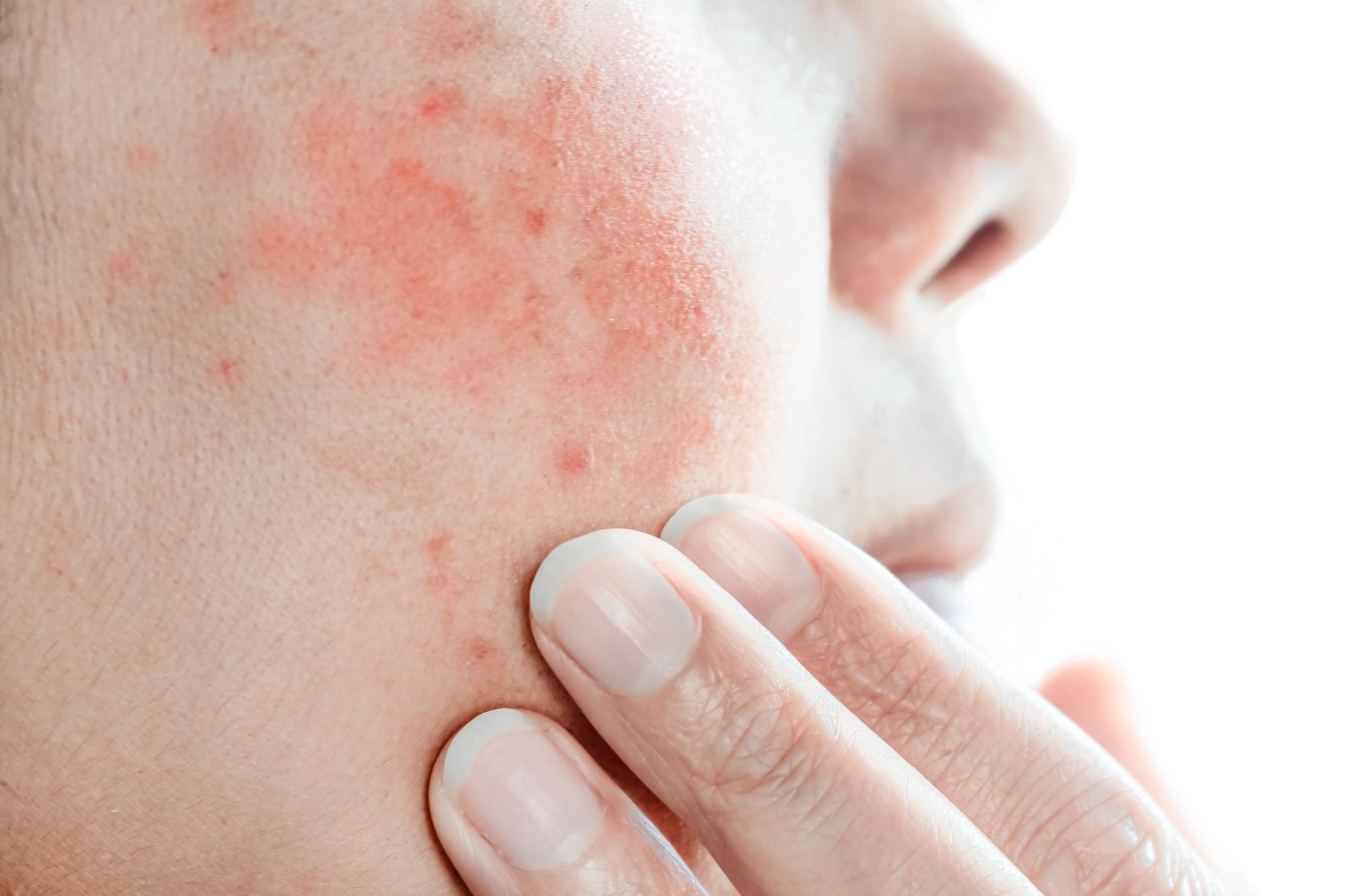This blog aims to educate the general public about dermatitis, providing a detailed guide on recognizing symptoms, causes, and effective natural remedies. We’ll debunk common myths and offer lifestyle tips for managing the condition. By understanding dermatitis better, you can tackle it more effectively, minimizing its impact on daily life.
Introduction
Dermatitis is a common topic that affects many people. It’s a term for skin conditions where the skin gets red and itchy. The purpose of this blog is to give you clear facts about it. You’ll learn how to manage dermatitis using natural ways. This knowledge helps you take care of your skin and avoid potential issues.
What is Dermatitis?
The word dermatitis sounds technical, but it’s simply about skin troubles. It refers to conditions that make your skin inflamed. Dermatitis can range in how hard it hits, from mild itching to severe redness. It’s a broad term covering many types of skin inflammation. Knowing what it means can help you spot its signs early and manage it with ease.
Varieties of Dermatitis
- Atopic dermatitis: Also known as eczema, it often flares up now and then. It’s a bit persistent.
- Contact dermatitis: You get this from touching things that irritate your skin or cause allergic reactions.
- Seborrheic dermatitis: This is what causes dandruff, those pesky white flakes you find on your scalp.
Each type has its triggers but learning about them can guide your treatment.
Identifying Symptoms Early
To catch dermatitis quickly, look for these signs:
- Dry, itchy patches on your skin.
- Redness or swelling where irritation occurs.
- Sometimes, you’ll notice the skin weeping clear fluid.
It’s crucial to avoid scratching. Scratching can lead to more inflammation or even infection, making things worse.
Deciphering the Causes
Understanding what triggers dermatitis is key:
- Genetics: Family history can play a big part, so see if it’s common in your relatives.
- Environmental Triggers: Things like dust, pollen, and even pollution can set it off.
- Skin Products: Some lotions or soaps might dry out your skin, leading to issues.
- Immune Response: Sometimes, your body’s immune system plays a part in the inflammation.
Watch for these triggers to manage your skin better.
Making an Accurate Diagnosis
To diagnose dermatitis, doctors typically do this:
- Physical Check-up: Doctors look at your skin for specific signs.
- Allergy Tests: Sometimes, tests are done to see if you’re reacting to something specific.
- Biopsies and More: Occasionally, skin samples or blood tests can help rule out other conditions.
These steps ensure you get the right treatment without delay.
Harnessing Natural Remedies
For managing dermatitis, try these natural methods:
- Avoid Known Irritants: Stay away from things you know bother your skin.
- Gentle Cleansers: Use mild soaps to avoid more irritation.
- Moisturizing Habits: Keep your skin moisturized regularly.
- Cooling Measures: Cool cloths can soothe itchy areas.
- Stress Management: Control stress to prevent flare-ups.
- Indian Remedies: Using turmeric and neem is known to help some people.
These habits can ease symptoms without using heavy medications.
Professional Intervention: When and What to Seek
Sometimes, home remedies aren’t enough. Here’s when to seek professional help:
- If you don’t see improvement despite trying remedies.
- When complications like infections arise.
- To explore prescribed treatments that target severe symptoms.
Professional interventions can provide stronger solutions.
Mastering Preventive Measures
Building a preventive routine helps a lot:
- Consistent Moisturizing: Regular lotion up keeps skin healthy.
- Avoid Triggers: Know what bothers your skin and steer clear.
- Fortified Skin Barrier: Work towards maintaining a strong skin barrier.
- Nurturing Practices: Use nourishing products that are gentle on the skin.
Such measures can considerably lower the chances of flare-ups.
Conclusion
Understanding dermatitis and its many facets empowers you to manage it well. Most cases of dermatitis can be controlled effectively with the right approach. Stay committed to good skin care practices and you’ll likely notice improvements. With the tips and insights provided, controlling dermatitis becomes a more manageable task.


